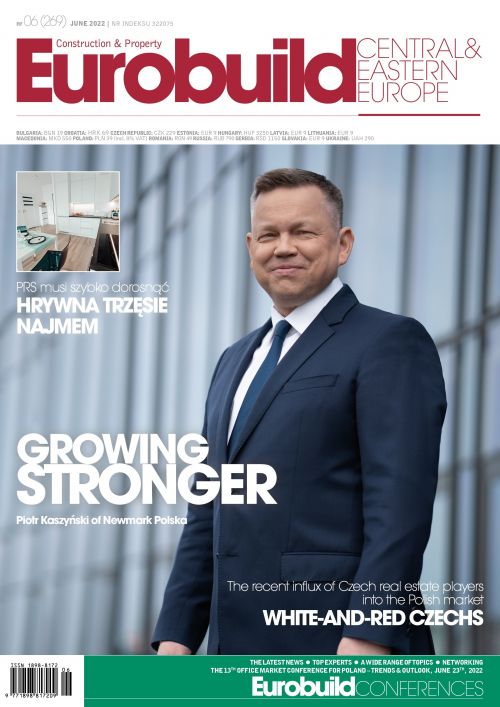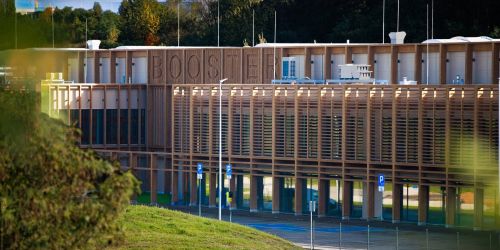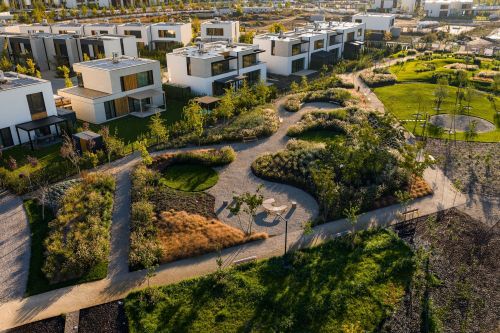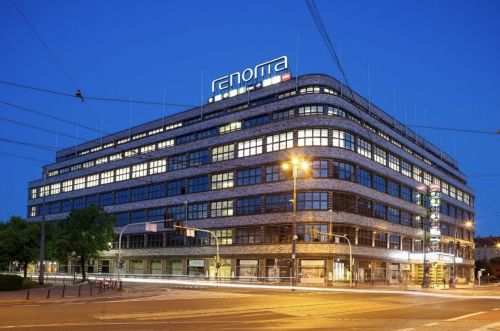Since the early days of the free market in Poland, successive waves of international funds, investors and developers have left their mark on the Polish real estate sector, shaping and growing it into the more mature market it is today. These have included German, Austrian, French, British, Scandinavian, American, Irish, Far Eastern, Middle Eastern and South African players, among others. But in the last year or so more traffic has been coming from a surprising – or perhaps not so surprising when you think about it – source: the Czech Republic.
Last year, the Polish office market saw the debut of three Czech investors: Investika realitní fond OPF, ZFP realitní fond and PPF Real Estate Holding. Investika made its first Polish acquisition in Q1 2021 with Szyperska Office Center (SOC) in Poznań (19,000 sqm), which it bought from Wechta Nieruchomości. It followed this up in November with the EUR 15.7 mln purchase from HIH Invest Real Estate of two HGV facilities


























































